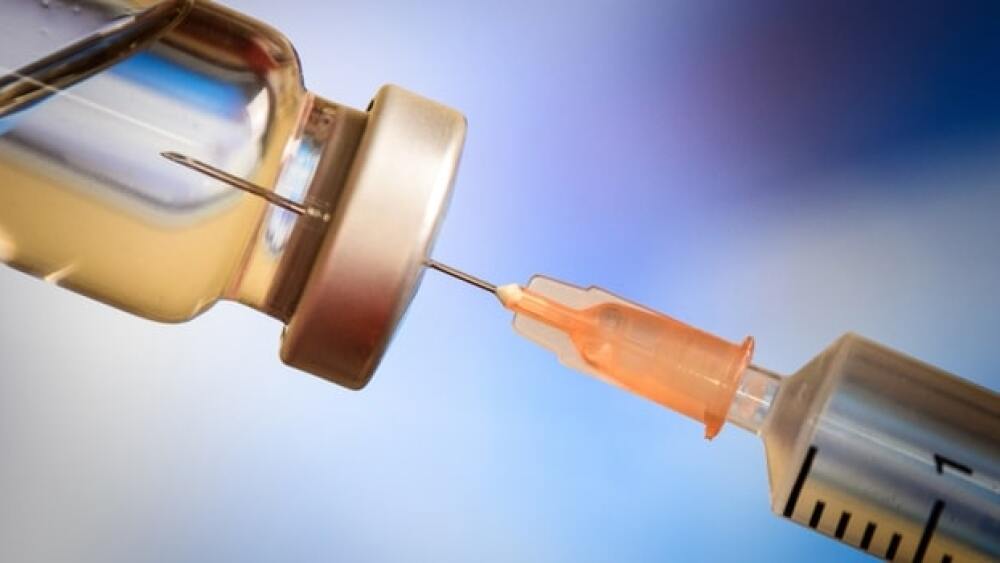Arcturus CEO Joseph Payne told BioSpace in an interview that his company’s vaccine candidate is a low-dose, single-shot treatment that generated not only neutralizing antibody titers, but also CD8+ T-cell induction in preclinical studies.
There are hundreds of vaccine candidates in development across the globe as a potential treatment to the novel coronavirus. Assets developed by major pharmaceutical companies are likely to make an initial impact should they be approved, but other assets being developed by smaller companies that are not as far along in their development could play a significant role as well.
One such asset is LUNAR-COV19 (ARCT-021), an mRNA vaccine candidate in Phase I/II development by California-based Arcturus Therapeutics. In August, the company initiated dosing in the early-stage clinical study. Arcturus Chief Executive Officer Joseph Payne told BioSpace in an interview that his company’s vaccine candidate is a low-dose, single-shot treatment that generated not only neutralizing antibody titers, but also CD8+ T-cell induction in preclinical studies. Those neutralizing antibodies continued to increase for 60 days after dosing, the preclinical data shows.
Payne said that marked the company as the only one to generate these kinds of results as part of a low-dose, single-dose event. Dose levels in the preclinical study were given to mice at 2 μg and 10 μg.
In preclinical study, Payne said the medication was given to mice, which were genetically engineered to be highly susceptible to the SARS-CoV-2 virus. The mice were so vulnerable to the virus that Payne said they had a 100% fatality rate until they were given ARCT-021. All animals in the study that were treated with the mRNA vaccine candidate survived and were protected, Payne said.
That data, which was published earlier this week, prompted the company to move into human trials in August. A data readout is expected sometime in the fourth quarter of the year and, if positive, will allow the company to move into a Phase III study for its vaccine candidate.
The preclinical data also raised heads in Israel and Singapore. Both countries have already signed deals with Arcturus for the vaccine should it prove to be both effective and safe.
If ARCT-021 passes muster, Payne said the medication is likely to play a significant role in helping quell and manage the pandemic across the globe.
“We expect to be woven into the life cycle of all the countries that want the vaccine,” Payne said.
Arct-021 is different than other mRNA vaccine candidates in development. The Arcturus asset is devoid of viruses and does not use viral vectors or adjuvants. ARCT-021 uses the company’s transcribing and replicating (STARR) mRNA technology and is delivered with Arcturus’s proprietary LUNAR lipid-mediated delivery system.
According to company data, the STARR Technology enables the vaccine to generate a protective immune response or drive therapeutic protein expression to potentially prevent against or treat a variety of diseases. The self-replicating RNA-based prophylactic vaccine triggers rapid and prolonged antigen expression within host cells resulting in protective immunity against infectious pathogens.
Payne said the fact the vaccine candidate has, so far, shown efficacy against the virus and can be administered in a single dose could greatly facilitate mass vaccination campaigns necessary to control the global pandemic. In contrast, other mRNA vaccine candidates like Pfizer’s and BioNTech’s vaccine and Moderna’s vaccine are two-dose treatments. Phase III data from both of those vaccines, which Payne called “first mover vaccines,” are expected in October and November, respectively. According to the Johns Hopkins Coronavirus Dashboard, COVID-19 as infected more than 31 million people across the globe and contributed to the deaths of 966,970 people as of Tuesday afternoon. More than 200,000 of those deaths are in the United States.
In addition to being a low-dose, single-shot vaccine, Payne noted that ARCT-021 is a lyophilized (dehydrated) vaccine and not a frozen liquid medication that will not require unused doses to be kept on dry ice. Payne said their formulation could lead for the Arcturus product to be more widely used due to some contingencies early vaccine candidates will likely encounter.
“We’re going to be able to make an impact,” he said.





